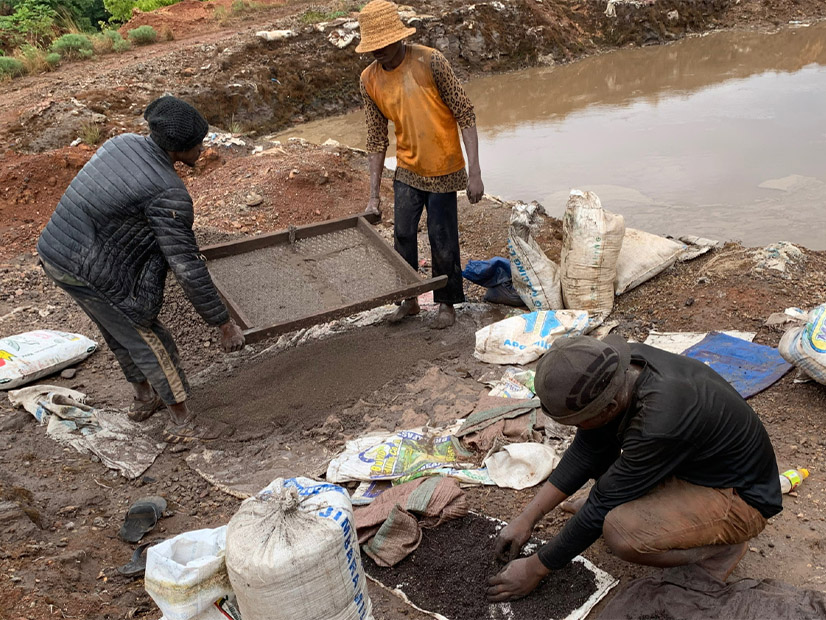
A discussion among Washington legislators on a proposed study to inventory the lithium and rare minerals used to power electric vehicles segued into whether the report should include batteries found in auto junkyards.
That conversation took place Thursday during a Washington Senate hearing on a bill (SB 5526) calling for the state’s Department of Commerce to conduct a global study of the battery supply chain. The bill by state Sen. Phillip Fortunato (R) is in the Senate Business, Financial Services & Trade Committee.
The legislation calls for the Washington Department of Commerce to report the results of the study to the legislature by Dec. 31, 2023. The bill suggests that the Pacific Northwest National Laboratory and Joint Center for Deployment and Research in Earth Abundant Materials be used in the study.
At the hearing, Fortunato said he recently met with officials from the Democratic Republic of Congo who told him they were concerned about their nation running low on lithium and cobalt, which are major exports. He noted that China is becoming more of a global resource for rare minerals that are used in cellphones, computers and electric vehicles. That prompted the senator to get a better grasp on the availability of the resources.
“This simple bill says we have to get a handle on this,” Fortunato said. “As we move more toward electric cars and batteries, so is everyone else.”
Only one person testified at the hearing, Jim King, lobbyist for the Independent Business Association of Washington State. He said the study should look at the possibility of recycling EV batteries from auto wrecking yards.
These yards must either store the used batteries because there is no formal way to dispose of them or refuse to accept them for the same reason. “We don’t want this to be like nuclear energy, and all of a sudden decide we have a nuclear waste problem,” King said.


